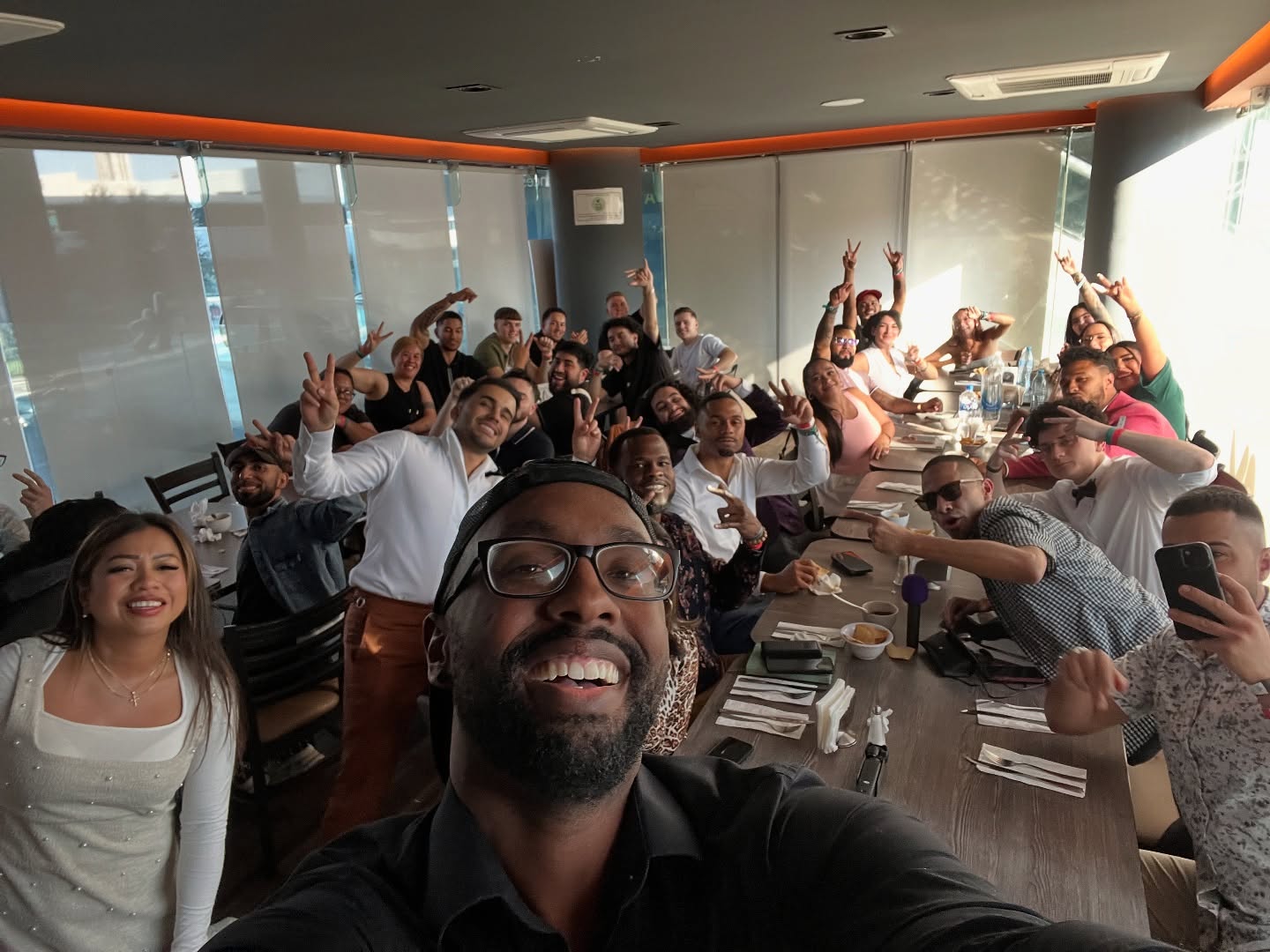The truth is that in the United States (and abroad, depending on where you look), most find themselves in professions that promise a good wage, decent benefits, a 401k for retirement, and even status.
A lot of folk will even choose their area of study based on one factor and one factor alone: prestige.
“I need a job title that sounds important, so people will respect me.”
This is what a lot of people believe. And as a result, form societal pressure, from parental pressure, and ultimately their own limiting beliefs of how money can be made, they’ll find themselves jumping from one industry to another, and will lose precious time in search of something that will give them their coveted money and status.
Here’s the thing, though: you can amass both of those things through absolutely any industry.
There are two ways to progress and scale, no matter your profession: the first is scaling laterally, and the other is scaling vertically. Both of these methods, however, require commitment to the industry that you’re in.
You may be asking, “Why is this important?” The truth is that burnout, a lack of fulfillment, and ultimately the ability to fulfill your full potential are directly tied to the gifts God gave you, not the opinion of your peers. Understanding these two terms will hopefully give you the courage and wherewithal necessary to leap into the industry you already know you should be in while still paying the bills without issue.
With that out of the way, let’s talk about lateral scaling and growth.
Lateral growth involves acquiring skills relevant to your industry. If you’ve ever worked in the fast food industry, then you may remember cleaning floors, keeping track of inventory for customer orders, working the register, and cooking in the kitchen.
Even though none of these skills are directly related to the next, all of these parts come together to make a smooth, fast food business operation work. Starting as a cook, then moving on to janitorial duties, and the next is a perfect example of lateral growth.
If you’re planning on being an entrepreneur, or if you currently are one, then you may relate to growing or scaling your business in this way.
For example, I started out sharpening my ability to create content for social media back in 2019 for potential clients, but creating great content alone isn’t what allowed me to run a successful business. I also had to manage my leads, work on sales and communication skills, manage my business-related expenses, and recruit help for larger projects. Even after doing all of that, monitoring the results of a campaign and explaining the data to my clients in a digestible way were all separate skills I had to sharpen. This is lateral growth at work.
Vertical growth and scaling, on the other hand, both involve focused skill development in one specific area. People with a talent and preference for vertical growth are typically more suited for corporate environments, unlike the natural entrepreneur.
Let’s go back to the example of the fry cook:
After working as a cook for some time, they may find themselves also prepping for other cooks at the beginning of the day. After learning both of those roles, they may eventually be asked to train others by a senior. In due time, these intermittent training sessions may turn into scheduled trainings that they are trusted to lead. Not too long after that, they may be trusted with running and managing the entire kitchen themselves, and if they have a true passion for it, may also find themselves coming up with their own recipes, which could later be added to the menu. That menu item could get recognition, and an investor or serious restaurateur may even eventually ask them if they’d be interested in having their own restaurant, and working as partners. The restaurateur would be the managing partner, and the cook would be the creative partner.
This kind of scaling (while vastly different from lateral scaling) is still conducive to owning and running an independent business.
So, what do either of these terms have to do with finding passion and purpose in work, you ask? Well, both of them show clear roadmaps to entrepreneurial success (and fulfillment), regardless of the route taken.
Whether you’re a planner or someone who prefers to take on challenges as they arrive (like me), you can succeed either way.
The most important part, however, is that you start.



